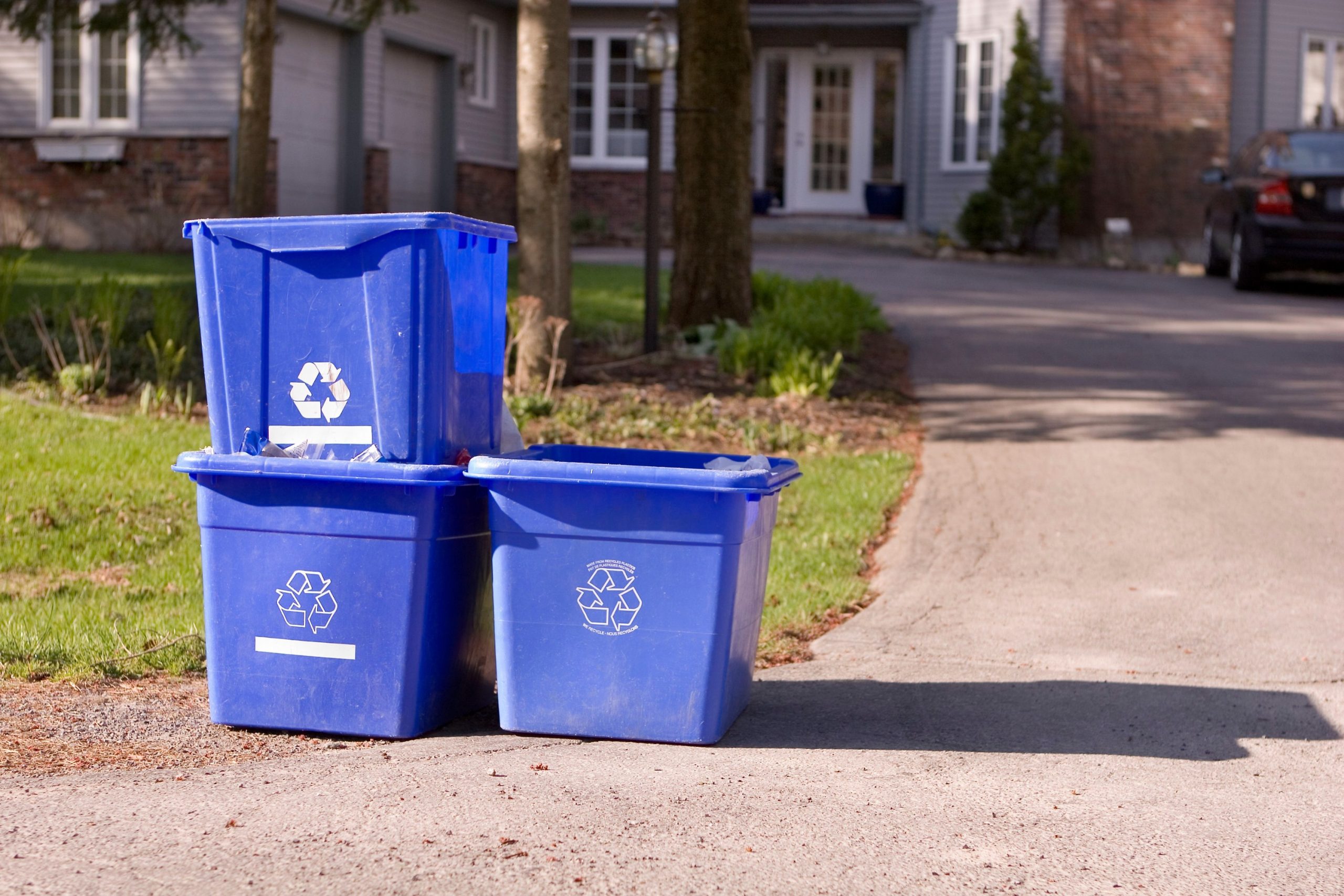Blue Box program in Durham Region going private July 1: part of Ontario-wide switch
Published April 11, 2024 at 5:42 pm

Durham Region will hand over management of the Blue Box program on July 1 to a not-for-profit who represents the producers and importers of the products and packaging collected in the blue box.
The change was mandated by the Province three years ago with new regulations that make producers “fully accountable and financially responsible” for their products and packaging once they reach their end of life and sets mandatory and enforceable requirements for Blue Box collection systems. The new rules also give producers choices for resource recovery services in the market.
Although the responsibility for the program is changing, residents will put the same items out for recycling on their regular blue box collection day.
July 1 also marks the one year since Circular Materials, a national not-for-profit producer-led organization, kick-started Ontario’s transition to ‘extended producer responsibility’ (EPR) for packaging and paper material – the first step towards enhanced recycling across the province.
EPR represents a fundamental change in which producers – the businesses supplying paper and packaging to residents – take responsibility of funding and managing what happens to their products and materials.
As the administrator, Toronto-based Circular Materials is responsible for operating the new blue box system and fostering environmental stewardship across Ontario, said Circular Materials CEO Allan Langdon. “Our commitment to responsible resource management and collaboration with stakeholders underscores our efforts to build a system centered around optimizing the recycling system for Ontarians.”
Optimizing the recycling system includes utilizing technological advancements that will modernize the system, such as AI enabled cameras and optical sorters equipped with advanced sensors, noted Langdon, who said the advancements will “revolutionize” recycling collection and sortation and reduce contamination levels. Transparency will also be improved, he added, through data from material audits, centralized administration, and enhancements to supply chain system design – “all critical for enhancing the recycling system.”
Historically, Ontario’s Blue Box program was operated by municipalities and First Nations communities who were responsible for paying about half of the costs of the program, with producers responsible for the other half. Under the new Blue Box Regulation, producers will be responsible for fully operating and funding the program. Full implementation across Ontario is expected by 2026, when Ontario residents can expect to see a standardized list of accepted recyclable materials throughout the province.
The transition of the Blue Box program is planned to be seamless, and residents should not notice a change in service and the recycling program will still use two blue boxes for papers and containers.
The change isn’t affected to impact taxpayers in Durham, which will pay an additional 7.5 per cent in property taxes this year (about $19 per household) on a budget with $2.2 billion in expenditures.
The budget was approved April 2.






